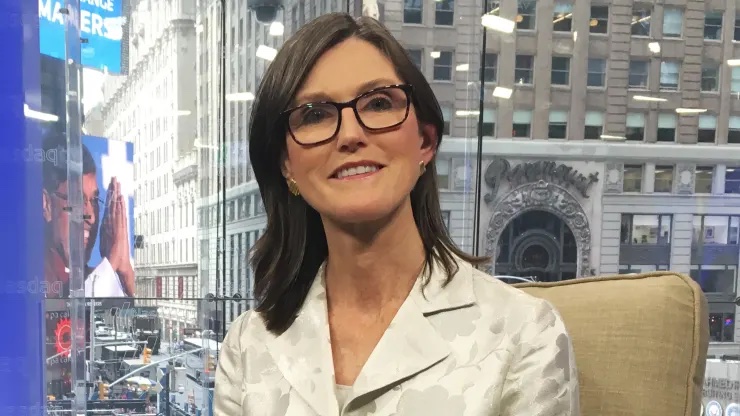Proactive Security Measures
In a significant move, the entity behind the world’s largest stablecoin, Tether freezes the wallets linked to individuals sanctioned by the U.S. Office of Foreign Asset Controls (OFAC). This decision, framed by Tether as a voluntary and proactive step, aims to “prevent any potential misuse of Tether tokens” and fortify security measures.
Leadership Transition and Strategic Shift
This action marks one of the initial strategic moves under the leadership of CEO Paolo Ardoino, the former CTO who recently assumed the role. Praising the new policy, Ardoino emphasizes its role in “expanding our close working relationship with global law enforcement and regulators.”
Addressing Past Reluctance
Despite Tether’s history of freezing funds related to unlawful activities, there was a reluctance to freeze wallets associated with the sanctioned Tornado Cash protocol. The company cited the absence of requests from U.S. law enforcement. However, in a notable shift, blockchain records now reveal Tether’s blacklisting of Tornado Cash’s contract addresses following today’s announcement.
Ensuring Transparency in Compliance
Tether’s decision aligns with broader efforts in the crypto industry to enhance compliance and security. By freezing wallets connected to OFAC-sanctioned individuals, Tether underscores its commitment to proactive risk mitigation and regulatory adherence.
Impact on Tornado Cash
The move’s implications are evident in Tether’s decision to blacklist Tornado Cash’s contract addresses. This strategic response in the aftermath of the announcement adds a new layer to the evolving dynamics within the cryptocurrency space.
Tether’s Ongoing Commitment
This move signals Tether’s ongoing commitment to navigating the regulatory landscape while actively addressing potential risks in its ecosystem. First, Tether freezes wallets and the blacklisting action also demonstrates a proactive approach to compliance and security.











